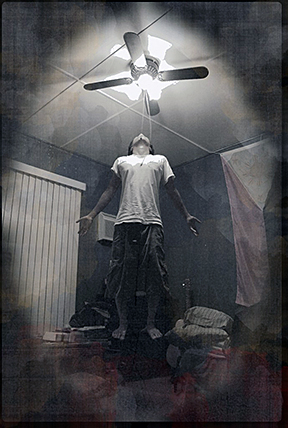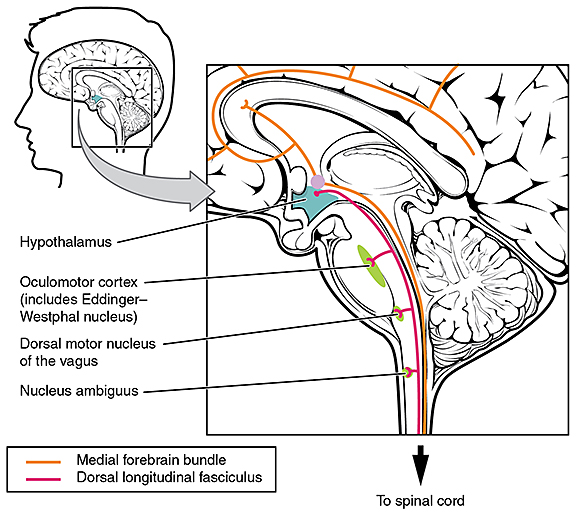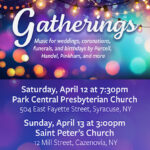Up to This Minute
On January 22, the State of Utah joined 18 other states in outlawing so-called conversion therapy intended to change LGBTQ children into straight children. An NPR report applauded the conservative Mormon Church for supporting the new law. A Reuters report states the Mormon Church supported the ban because the law exempts clergy, lay pastoral and spiritual counselors, including Mormon counselors, from the ban.
 The January 24 Post-Standard featured an article by Jean Hopfensperger Tribune News Service announcing that Exorcisms are back. During exorcisms, priests seek to stop demonically driven rages, intrusive voices, house hauntings, abnormal strength, and feelings.
The January 24 Post-Standard featured an article by Jean Hopfensperger Tribune News Service announcing that Exorcisms are back. During exorcisms, priests seek to stop demonically driven rages, intrusive voices, house hauntings, abnormal strength, and feelings.
In Greek mythology, demons were bad spirits; daemons were good spirits.
We all experience the good and the bad.
While exorcism is associated with Roman Catholicism, other charismatic and Pentecostal groups practice faith healing and the casting out of demons. Ms. Hopfensperger writes that speaking an unknown language is a sign of possession. Often, Pentecostal groups speak in tongues, a manifestation of being possessed by spirit.

We think and communicate in words.
An exhibit, years ago, at the Everson Museum focused on the literal and metaphoric baggage some patients brought with them to the Willard Psychiatric Hospital near Ovid, NY. Willard treated one man because he spoke an unknown language. Eventually, someone at the facility noticed he was speaking a unique, I believe, Slavic dialect.
Would the Willard patient have fared better with an exorcist?
The Tribune article quotes one exorcist who says, “I’ve seen eyes rolling to the back of the head, foaming at the mouth, people hissing, people speaking in strange voices.” These manifestations are also associated with vasovagal syncope, epilepsy and seizure. And, the rolling of eyes into the back of one’s skull or head might be part of a developed skill set. YouTube features the video of a young boy happy to teach viewers how to do it. The boy rolls his eyes back in a step by step process.
On January 23, the New York Times published a bit of testimony from Harvey Weinstein’s trial for rape. Actress Annabella Sciorra testified that in late 1993 or early 1994, Weinstein forced himself on her after entering Sciorra’s secure apartment building. Ms. Sciorra said she answered the knock at the door thinking it must be a neighbor or the doorman. Annabella Sciorra testified, “I said, ‘No, no,’ but there was not much I could do,” she said. “My body shut down. It was so disgusting my body started to shake in a way that was unusual. It was like a seizure or something.”
 I have a theory. Well, I have many theories, but I have a particular theory that relates to the “me too” movement, issues of so-called personal responsibility and all of the issues around love and romance that most people don’t like to talk about especially on Valentine’s Day. It should be obvious, and maybe it is obvious, that, early on, girls learn how to sit in a ladylike manner while boys learn to test their limits and develop their strengths. Things are changing. Still, any human body primed to be nice is a body primed to shut down when nice doesn’t work.
I have a theory. Well, I have many theories, but I have a particular theory that relates to the “me too” movement, issues of so-called personal responsibility and all of the issues around love and romance that most people don’t like to talk about especially on Valentine’s Day. It should be obvious, and maybe it is obvious, that, early on, girls learn how to sit in a ladylike manner while boys learn to test their limits and develop their strengths. Things are changing. Still, any human body primed to be nice is a body primed to shut down when nice doesn’t work.
The 10th cranial nerve, the vagus nerve, the longest nerve in the body, plays a significant role in the sympathetic and parasympathetic nervous systems. An emerging body of trauma work reveals that freeze responses in times of terror work to conserve energy so an animal, including human animals, might survive (if they survive). Dr. Stephen Porges, Dr. Peter Levine, and Dr. Bessel van der Kolk disseminate much practical information about how patterned mind body connections affect us.
What Annabella Sciorra described in her testimony seems very much like a dorsal vagal response to danger. Most of us, or at least most of us females, learn to watch out for stranger danger. We learn to not open the door to strangers. Guarding against the unknown is simpler than trying to interpret the, sometimes, mixed signals of people we’ve met. Trying to play nice, in the hope of not being played, doesn’t always play out well for the nice person.
The Greek story of Daphne hints at a dorsal vagal freeze. Most Greek myths, like most religious and psychological interpretations flow forth in different versions. In a nutshell here, Daphne, a naiad and daughter of the river god Peneus and the nymph Creusa, finds herself receiving much unwanted attention from the god Apollo. Unable to outrun Apollo, Daphne prays to her river-god father, who, in response, turns Daphne into a tree.
Much oppression, pain and psychic trauma results from misguided methods of protecting against Cupid’s arrow.
Happy Valentine’s Day.











